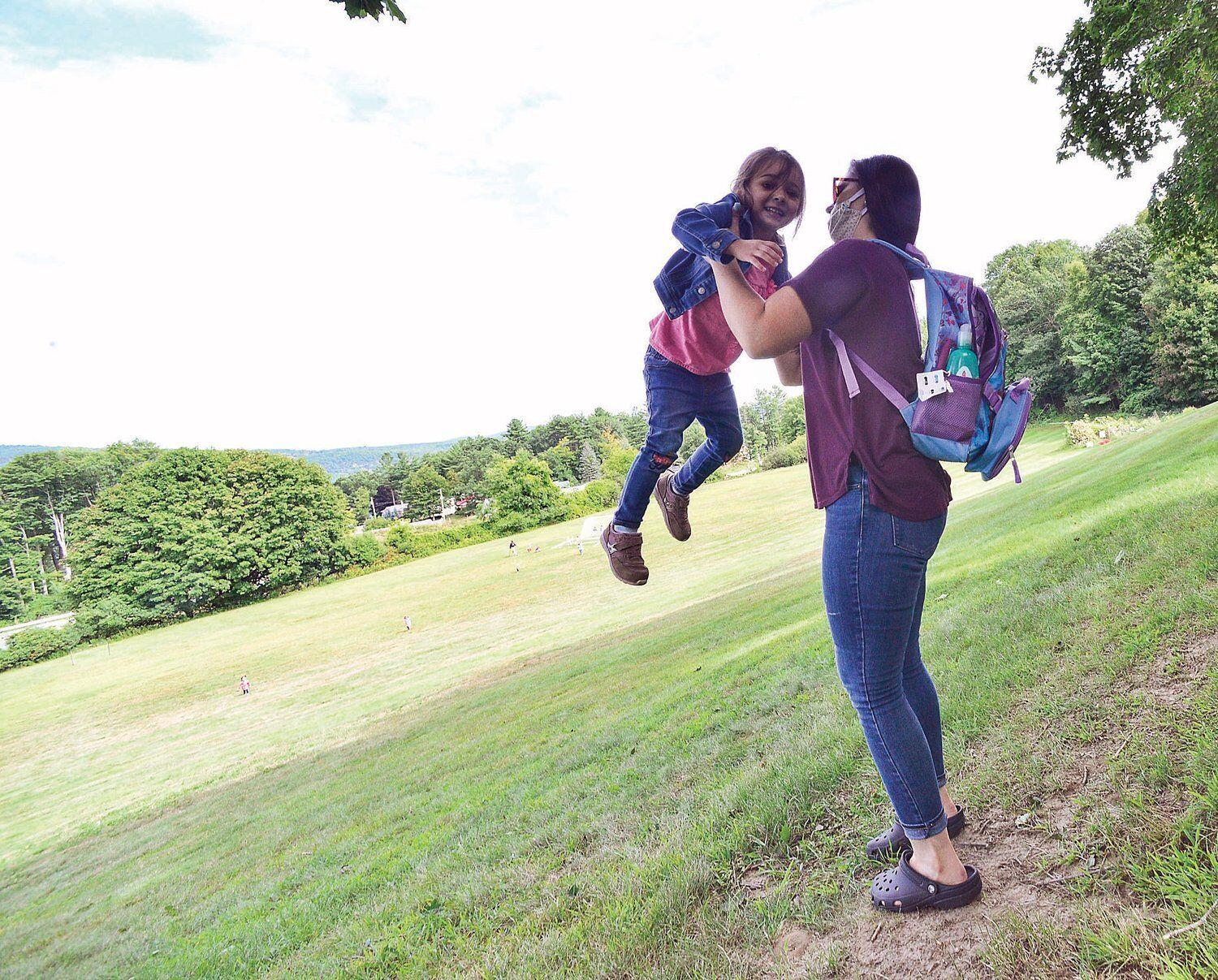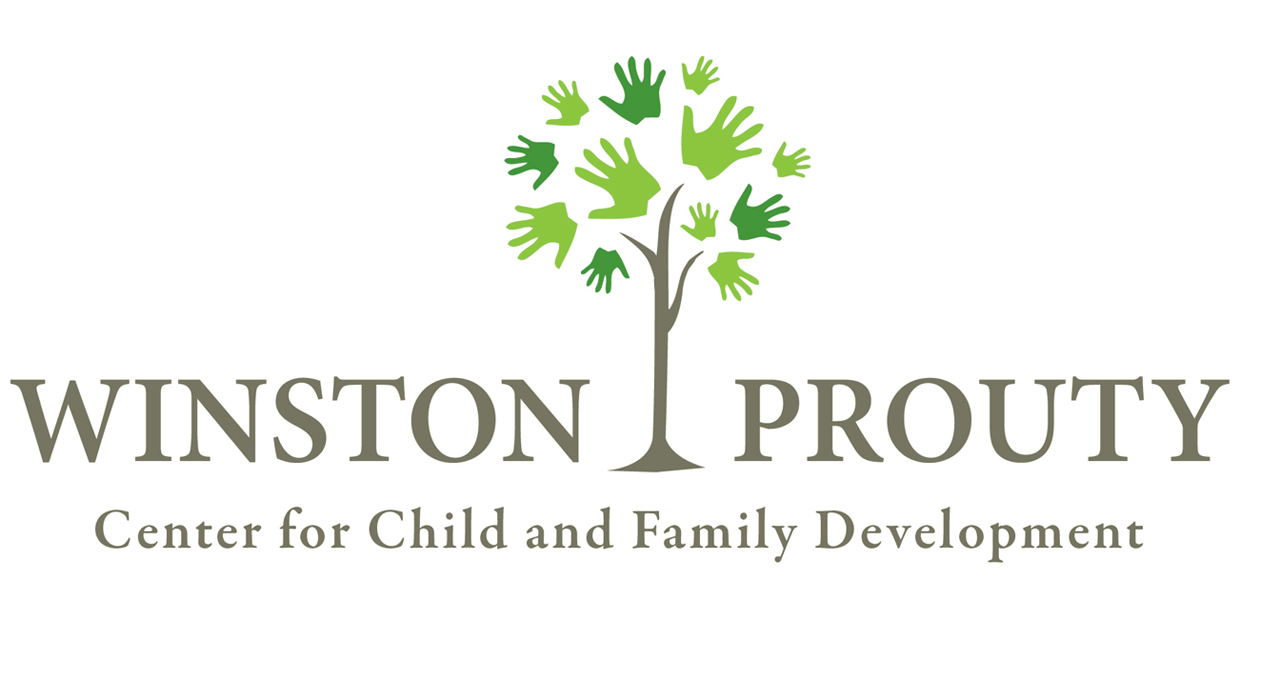Local child care challenges identified in survey

By Chris May, Brattleboro Reformer, published November 11, 2020
BRATTLEBORO — Just as families were answering a survey question on how they’re dealing with child care with schedules turned upside down due to the COVID-19 pandemic, the Brattleboro Retreat announced it would be closing its Mulberry Bush early learning program.
Chloe Learey, who initiated the Child Care Coalition three years ago as a way to explore solutions to issues in the field and is executive director of Winston Prouty Center for Child and Family Development, said about 35 families would be affected by the closure.
“We do not have 35 slots in the community,” she said. “We do have some capacity. But just like others respondents of the survey, they would figure it out and they might lose their job if they don’t figure it out.”
Learey described “very promising” discussions underway for an existing program to take over Mulberry. Konstantin von Krusenstiern, vice president of strategy and development for the Retreat, confirmed this.
About 90 families responded to a survey question last month asking simply what they were doing for child care during the pandemic.
“I am not surprised by any of the results necessarily,” Learey said. “People are making it work. They’re finding people or family nearby for lots of informal care to try to pull this off.”
Six families submitted responses about having to stop working to take on child care since the pandemic.
“Like more than 285,000 American women, I had to leave my job in September to care for my family,” states one response.
Another states, “I (Mom) have stopped working to be at home with my children.”
Learey said she worries about women losing gains made in the workforce as they take on more caregiving. She described being heartbroken hearing about people leaving their jobs for child care.
The survey has launched a whole new set of questions for her. Primarily, Learey wonders how long families can keep “making it work.” She’s also curious about how changes are affecting family dynamics, work schedules, the socioemotional health of children.
“I don’t want to stop paying attention to capacity,” she said about local programs in general, an issue the coalition has been closely monitoring since its inception.
Learey said Retreat CEO Louis Josephson approached her about finding a solution to the closure of Mulberry. If he hadn’t, she said she would have reached out.
“The bottom line is we can’t afford to lose capacity,” she said. “I felt like there’s something we’ve got to be able to do to provide a viable, ongoing program. Just because the Retreat can’t run it doesn’t mean nobody can.”
Marty Cohn, coalition member and public relations professional, said the survey shows the area cannot afford to lose more slots. He noted that 11 of the 35 families affected by Mulberry’s closure reached out to Winston Prouty via its child care referral service.
Another issue with the closure has to do with losing qualified educators.
“Again, that’s why Chloe moved as fast as she did,” Cohn said, “because we want to make sure those educators are in place so the program is able to continue.”
The coalition sees some hope in well-attended early learning classes offered locally at the Windham Regional Career Center and Community College of Vermont. But Learey also acknowledged the need for wages to grow to keep employees in the field.
Under President-elect Joe Biden’s administration, “child care is right up there with things that need to be done,” Cohn said. “For the folks who got elected Nov. 3 in the state, child care is up there in terms of priorities. I think that COVID has really shown we have to do something about child care if we’re going to kickstart the economy. I can tell you, people are working on it.”
Learey anticipates the coalition will continue looking at how to make child care more sustainable.
“Our state was very supportive of child care during the pandemic,” she said. “There were several different grants and ways that used CARES money to try and support the infrastructure. So how do we keep that going forward in terms of supporting families and providers to make a more sustainable system, especially heading into a tricky budget year? I hear doomsday about the budget — so you know, there’s no extra money — but we need money in the system if we’re going to keep it strong.”

